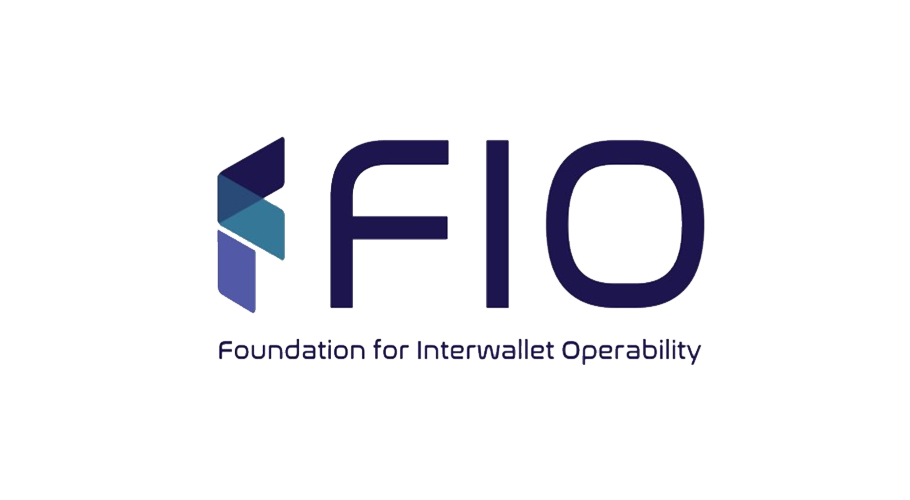Tech venture capitalist David Gold, has won the backing of leading crypto wallets and exchanges today to launch the Foundation for Interwallet Operability (FIO) and FIO Protocol – a new inter-wallet operability protocol that removes the risk, complexity, and inconvenience of sending and receiving tokens and coins.
The FIO Protocol is being built by Dapix, Inc. which closed a venture capital round and where Gold is CEO.
The FIO Protocol will not only create the first human-readable wallet addresses (FIO Addresses) that immediately work across every token or coin, but will also enable greatly enhanced workflows such as the ability to send a request for payment from one wallet to another where it can be confirmed or declined thereby virtually eliminating errors.
A former dot-com entrepreneur and 11+ year venture capitalist, Gold said his fears for the future of blockchain usability had compelled him to take a step back from his role as a VC to found Dapix and FIO. “If crypto is never more than electronic-gold, then mainstream adoption will be severely limited, especially if tokens cannot be easily moved around,” he warned, who has been investing in technology since the dot-com era.
The FIO Protocol will provide an enhanced layer of connectivity and usability features that every wallet, exchange, and crypto payment processor can use – ensuring making crypto payments become as easy as using a service like PayPal or Venmo — and enabling much greater future adoption.
Six wallets and exchanges – ShapeShift.io, KeepKey, Coinomi, MyCrypto, BRD.com, and Edge – have already agreed to join the foundation, with many others, including crypto payment processors expected to become involved by late 2019.
Gold, the founder, and CEO of Dapix, and previously Managing Director at Access Venture Partners, encouraged every exchange and wallet to rally around the protocol – calling this a big opportunity for the industry to raise the ceiling on blockchain adoption and market momentum, thereby avoiding a drawn-out winter for the crypto ecosystem.
He said: “This is not a closed party. We are inviting everyone to take part. We all have a responsibility to move quickly on this. For blockchain to achieve its envisioned potential of the seamless movement of value in a decentralized manner, the user-friendliness of making such transactions must improve dramatically. We have had incredible pre-launch interest from wallets and exchanges because sending and receiving crypto is one of their top trouble ticket issues. The FIO Protocol will reduce costs on their side, and also enable wallets and exchanges to generate income through the economics of the FIO Protocol.”
“FIO is enabling the crypto ecosystem to truly achieve what PayPal did for online payments. In the crypto world payments are exponentially more complex and cumbersome. Crypto payments feel too risky, too scary and too difficult for members of the public. You have to use an incoherent string of characters, and you can’t confirm if funds have arrived. The average person on the street simply will never feel comfortable using crypto unless this changes.”
“That’s why we believe this foundation and protocol – which will unite all wallets, exchanges and crypto payment providers within the ecosystem — will enable blockchain to reach its true potential,” added Gold.
The Roadmap
The FIO Protocol will offer a standardized set of open source APIs and SDKs that can be globally adopted and integrated into any wallet or exchange seamlessly. Other blockchains need to make no changes whatsoever for the FIO Protocol to operate.
When launched, it will be a self-standing open source fully decentralized ledger that never sits in the middle of the underlying transactions on other blockchains. Rather, the protocol sends information and confirmations that better enable the sending of value on all other blockchains.
It will mean people will never have to deal with incoherent public encryption keys or lines of code and errors in sending crypto can be virtually eliminated.
Initially, the FIO Protocol will focus on three core areas of functionality:
- FIO Addresses – Human readable universal wallet name (or centralized exchange account name) that works instantly with every token or coin each wallet or exchange supports.
- FIO Workflow – Enhanced workflow options for transactions, which are currently send only. This feature will include virtually error-free request-initiated transactions.
- FIO Data – The ability to include metadata on send/receive transactions across any blockchain. This metadata will be fully encrypted, and only visible between the sender and receiver. The encrypted metadata is stored on the immutable FIO Protocol ledger and can include anything from a simple note to order cart information.
“The FIO Protocol puts an end to vague addresses by replacing them with human-readable aliases across different services and blockchains – a huge step toward mass adoption.”
“Crypto payments must improve if this technology is going to expand. FIO’s approach — decentralized, cross-chain, and with financial incentives to adopt — is exciting and we’re thrilled to support it.”
